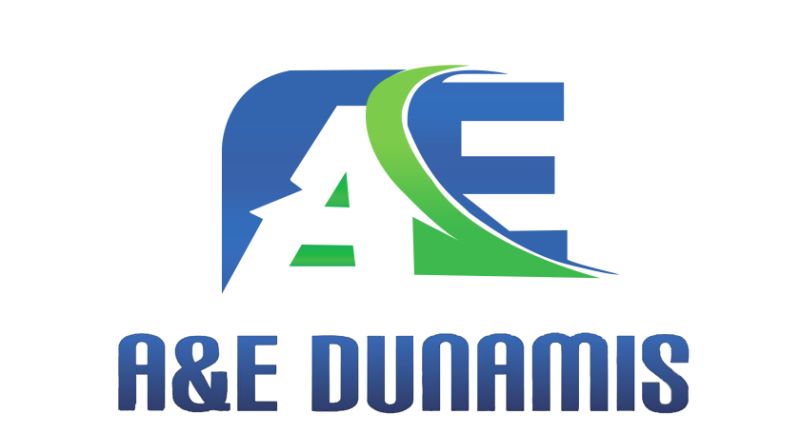The Impact of Poor Power Supply on Nigerian SMEs and How to Overcome It
The Impact of Poor Power Supply on Nigerian SMEs and How to Overcome It
Small and Medium Enterprises (SMEs) are the backbone of Nigeria’s economy, contributing significantly to job creation, innovation, and national growth. However, one of the biggest challenges stunting their full potential is poor power supply. For many entrepreneurs, the constant struggle with unstable electricity and frequent blackouts makes running a business both expensive and unpredictable.
In this article, we explore the impact of poor power supply on Nigerian SMEs, and highlight sustainable solutions that can help business owners thrive despite the power challenges.
1. Reduced Productivity
Unreliable electricity often forces SMEs to halt operations unexpectedly. For businesses that rely on continuous production—such as bakeries, printing presses, or tech hubs—downtime directly translates to loss of revenue and customer dissatisfaction.
2. Increased Operating Costs
To compensate for unstable power, many SMEs rely on diesel or petrol generators. While effective in the short term, this leads to high fuel expenses, frequent maintenance costs, and environmental concerns. These extra costs eat into profits and make it harder for businesses to scale.
3. Equipment Damage
Frequent voltage fluctuations and sudden outages can damage sensitive machinery, computers, and electronics. The cost of repairing or replacing damaged equipment adds an extra financial burden many SMEs cannot afford.
4. Limited Growth Opportunities
Investors and partners are often cautious about supporting businesses with unstable infrastructure. SMEs battling poor power supply may find it harder to attract investment, expand operations, or compete globally.
5. Decline in Employee Efficiency
Staff morale drops when they are forced to stop work frequently due to blackouts. This not only reduces efficiency but also creates frustration and stress in the workplace.
Practical Solutions for Nigerian SMEs
While power challenges persist, there are practical steps SMEs can take to reduce the impact:
-
Invest in Renewable Energy Solutions – Solar panels, inverters, and batteries can provide a stable and cost-effective alternative.
-
Use Voltage Regulators and Stabilizers – Protects sensitive equipment from surges and fluctuations.
-
Adopt Energy-Efficient Equipment – Modern appliances consume less power and reduce dependency on generators.
-
Partner with Reliable Energy Providers – Companies like A&E Dunamis offer tailored power solutions that keep businesses running without interruption.
Poor power supply remains a major obstacle for Nigerian SMEs, but with the right energy solutions, businesses can overcome this challenge. By embracing renewable energy and smart power management systems, SMEs can cut costs, protect their assets, and unlock new opportunities for growth.
At A&E Dunamis, we are committed to helping SMEs power their future with reliable, sustainable, and cost-effective energy solutions.

